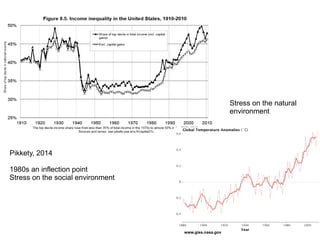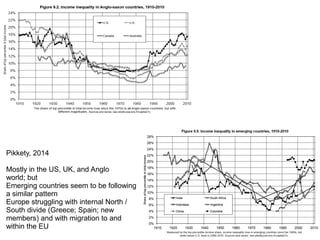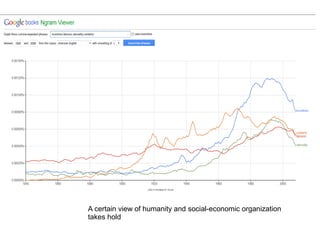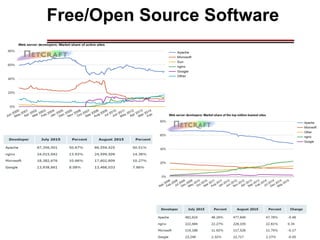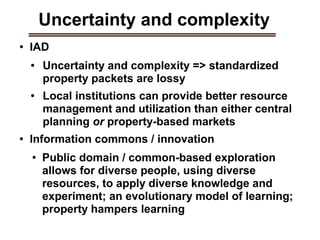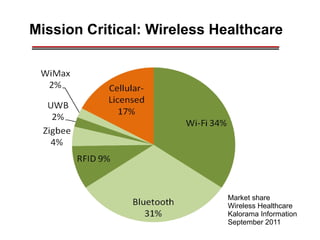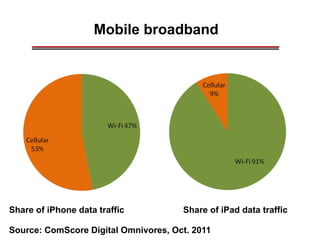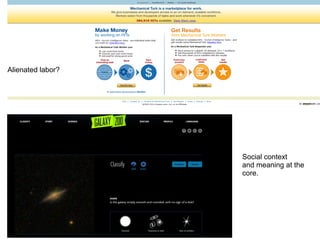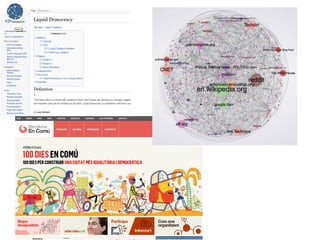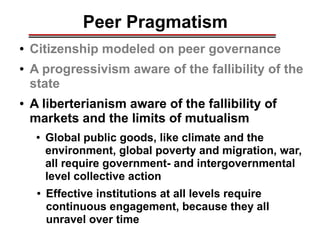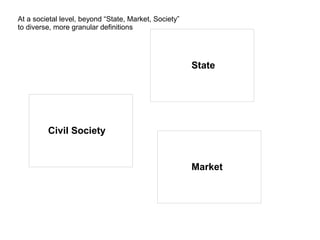Yochai Benkler discusses the tension between capitalism and the commons, emphasizing how neoliberal practices have led to wealth concentration and undermined collective action. He advocates for a model of commons-based production and cooperative human systems, which prioritize social embeddedness, innovation, and shared governance. The paper argues for the importance of peer cooperativism and social exchange to foster creativity and sustain public goods within a decentralized economy.



